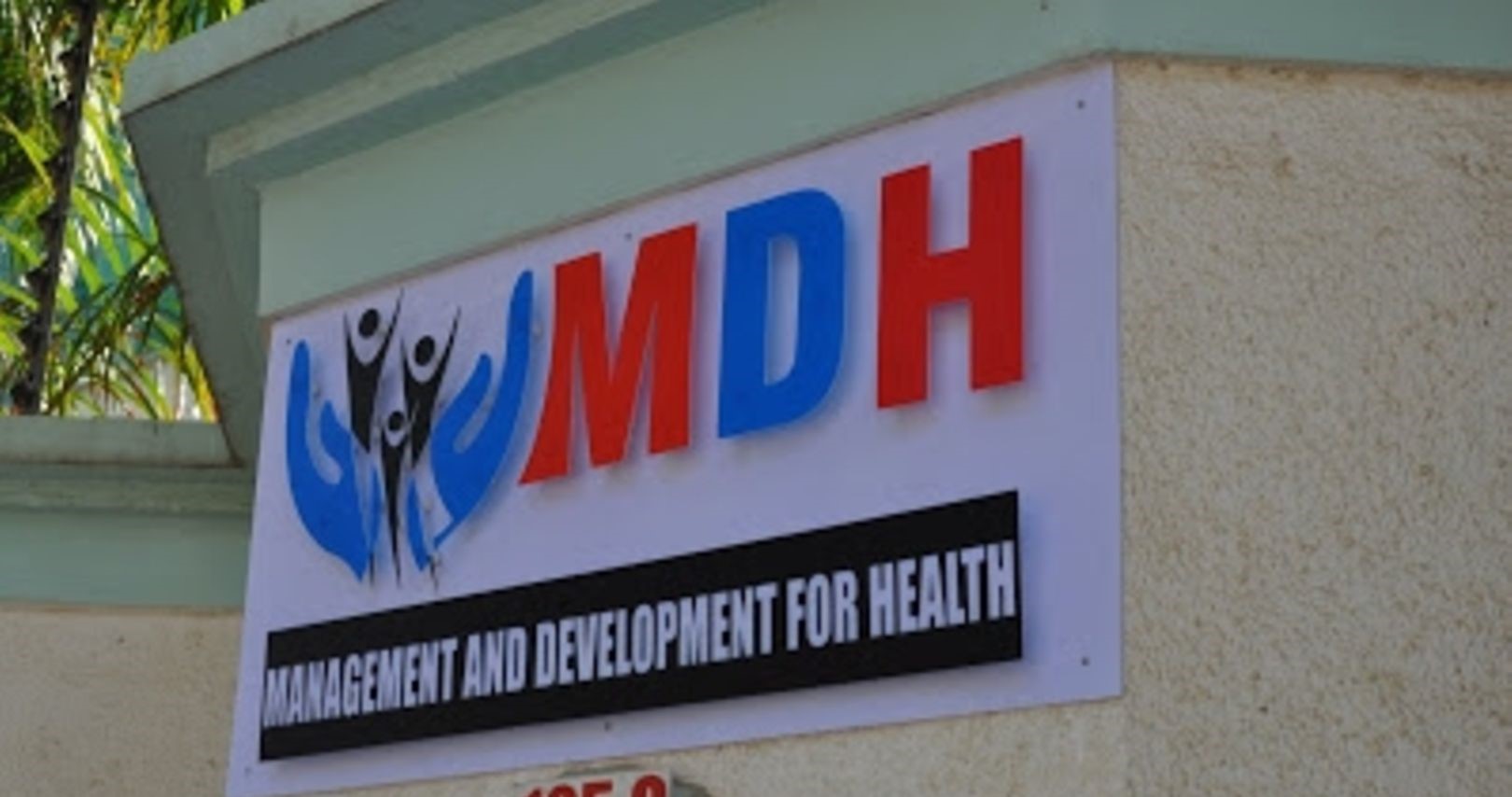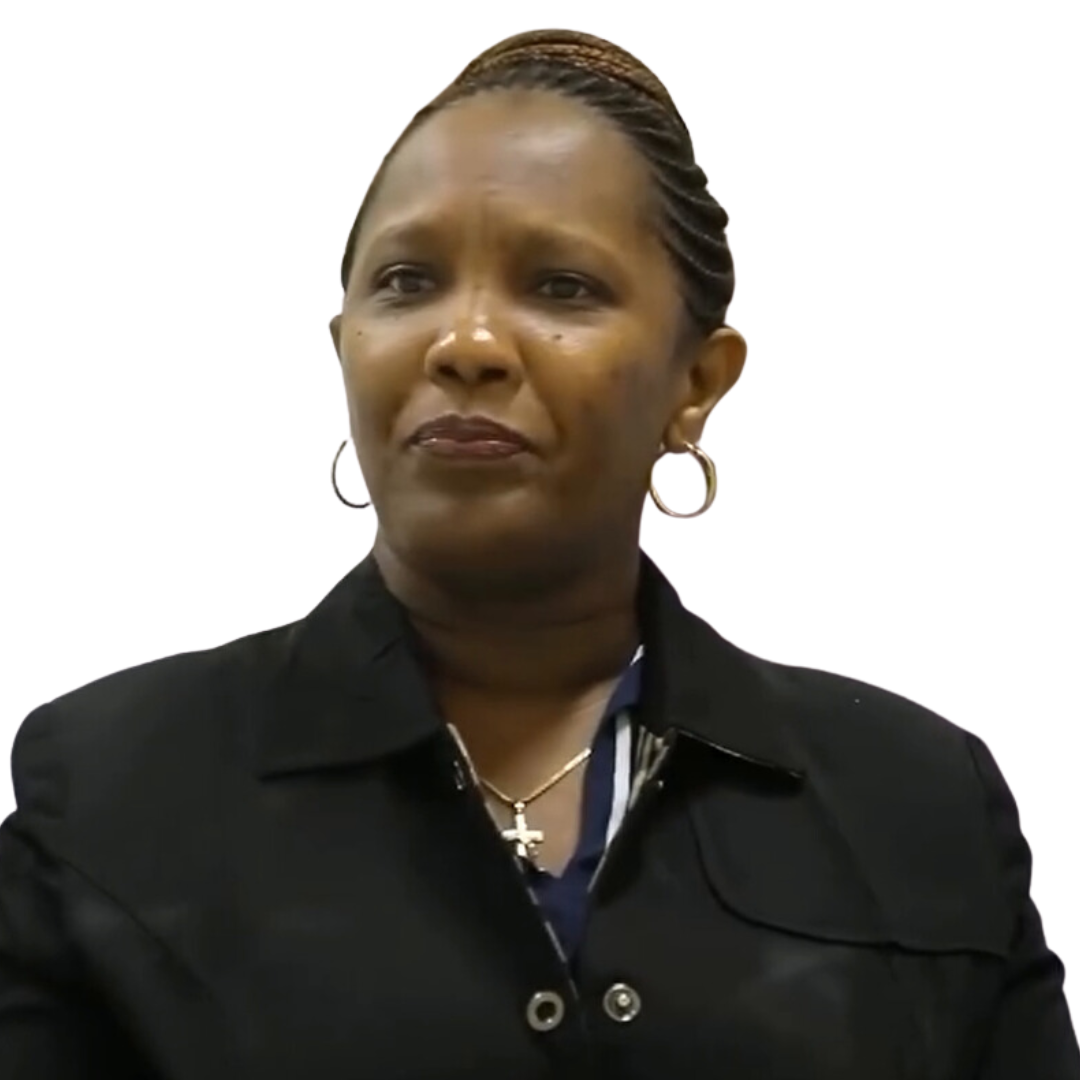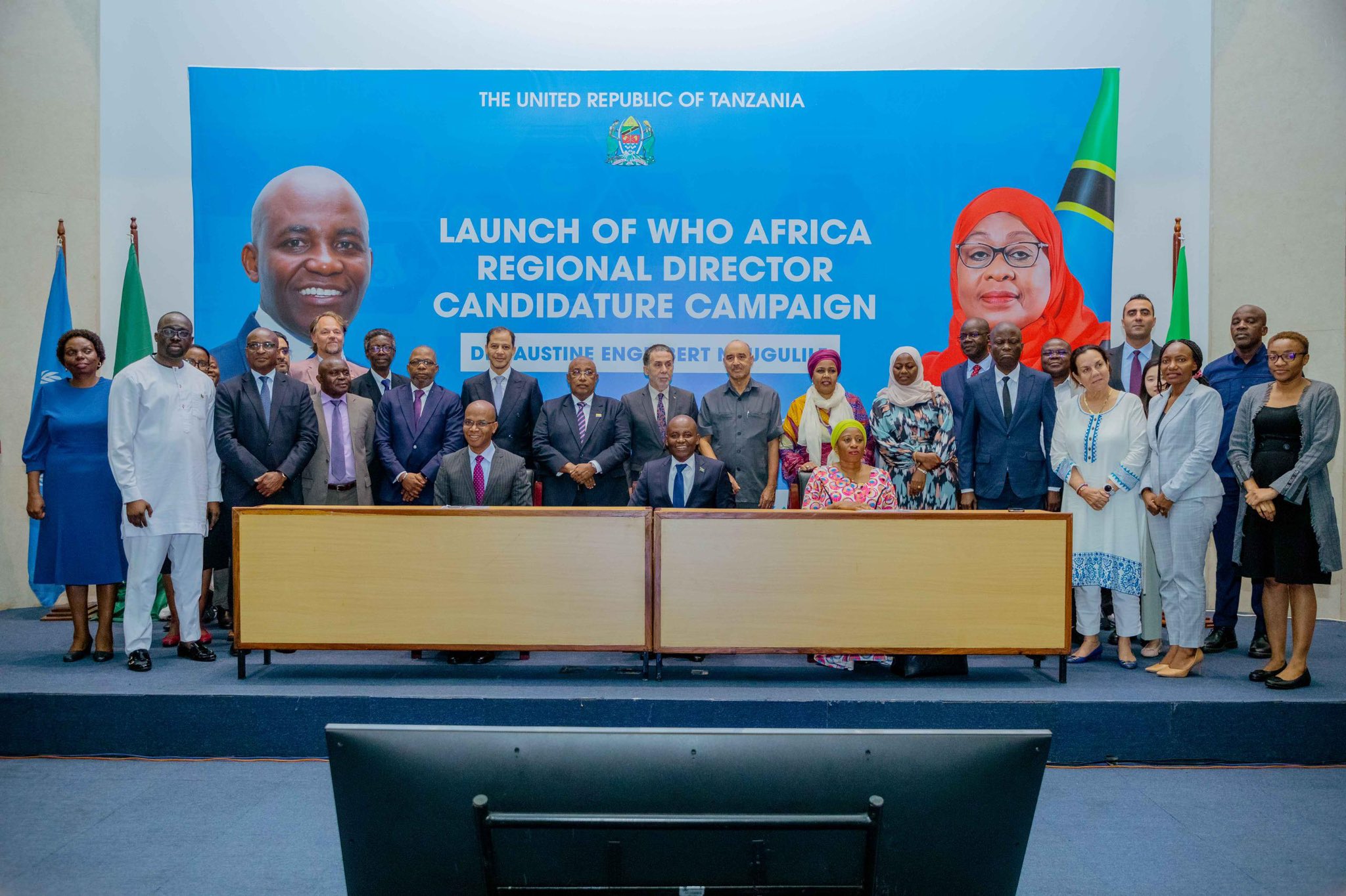As the curtain falls on another year, many unresolved issues remain at the forefront in the health sector, especially at the National Health Insurance Fund (NHIF) which has been embroiled in a price dispute with private health facilities, with the latter threatening to boycott members of NHIF due to what they have described as “unfairly” low health service prices newly set by the Fund. As we wait with baited breath to see the outcome of the 4th January 2024 roundtable meeting with the Minister of Health on the matter, it’s worthwhile revisiting why this standoff exists.
Back in 2016, a similar situation ensued, in addition to many more series of behind-the-scenes negotiations which have ended in futile talks, highlighting a seemingly perpetual cycle of tension between NHIF and its private service providers. Up to this point, the question that begs an answer is: why does this price tug-of-war keep happening? Is there an escape from this endless loop? And who loses, in the end?
The root cause lies in a complex interplay of factors, starting with NHIF's own foundation. Established as a "social solidarity fund" rather than a true insurance company, NHIF's mission was to provide basic healthcare access to a broad population of Tanzanians. However, the Fund’s mandate to start accrediting private health facilities as service providers altered the game. This expanded NHIF members' service options, but also incentivized private facilities to expand their offerings – sometimes pushing the envelope on costs and utilization.
Fuelling the fire is the actuarial evaluation mandated by the NHIF Act, which is done every three years. These evaluations, aimed at ensuring NHIF’s sustainability, have consistently revealed troubling realities. High levels of fraud, questionable pricing practices by some providers, and unsustainable operating costs for the Fund itself, often pointing to the need for corrective measures. These measures, however, typically involve price adjustments – often downward – for private health facilities, sparking immediate backlash, such as what has happened this year. By the way, the problem is not about the money.
Private sector sidelined!
The proposed packages by NHIF seem to side-line the private sector, which traditionally has been at the forefront of technological innovation and provision of quality healthcare. If some facilities pull out of NHIF, the burden on public and faith-based healthcare facilities will increase, jeopardizing the recent gains in access to quality care.
Same prices for all facilities?
On top of this challenge lies another troubling fact. NHIF proposed the same prices for both public and private facilities, ignoring the fact that the operational costs of most of these facilities, such as salaries, utilities and other allowances are covered by the tax-payers money. Public health facilities also have access to medicines and medical supplies from the Medical Stores Department(MSD) of which most are paid for and if not, they are highly subsidized. On the other hand, there are health facilities from Faith-based Organisations(FBOs) , some of which have public funding to cover up to 50% of their operational costs. These are also placed in the same category with public and private for profit. There is a need to treat service providers on a case by case basis. Generalization has caused some facilities to suffer and even shut-down while some keep on flourishing.
Furthermore, the new packages raise concerns about the quality of healthcare itself. Reducing consultation fees for specialists can demotivate them from remaining at higher levels, where their expertise and equipment are crucial for handling referrals from lower levels. This could compromise the entire healthcare ecosystem. But before we get to this point, it would be key to weigh the concerns raised by private health facilities.
The Association of Private Health Facilities in Tanzania (APHFTA) has decried delayed payments from NHIF exceeding three months, saying the delays impact the operations of private health facilities. In a separate meeting held before new prices were announced, APHFTA objected to deductions of 5-40% of monthly bills “without the other party checking their validity.” The association demanded a solution within 90 days, threatening to stop serving NHIF members if the issue persists.
APHFTA also pointed out the existence of duplicate fees in the healthcare sector, citing the continued operation of the Private Health Laboratory Board (PHLB) alongside the Private Hospital Advisory Board (PHAB). This seemingly contradicts the government’s “BluePrint” directive, mandating their merger by 2022. The association urged the Ministry of Health to review and implement the merger, believing it would reduce costs and streamline regulations.
Further objection revolved around a new ultrasound fee imposed by the Radiation Board (Tanzania Atomic Energy Commission, TAEC) on non-radioactive portable devices. APHFTA deemed this fee unjustified, especially for pregnant women, and announced they would not pay it until a satisfactory explanation is provided by the Ministry of Health. Stakeholders have expressed concerns that the proposed packages fail to consider the quality of healthcare provided to patients. They pointed out the lack of an actuarial evaluation since 2021, which is mandated by the NHIF Act. This evaluation informs price adjustments based on actual operational costs, ensuring both affordability and sustainability.
Way forward?
The blame game serves no one. NHIF needs to move beyond unilateral price-setting and engage in genuine, transparent dialogue with private health facilities. Open communication and data-driven decision-making can build trust and lead to more equitable solutions.
There are clear steps to take. First, NHIF should revisit the new packages. Consultation fees could be adjusted in lower levels without sacrificing those at higher levels, where expertise and technology demand higher investment. Second, addressing fraud and over-utilization through robust monitoring and enforcement will alleviate pressure on the Fund’s finances. Finally, regular engagement with private stakeholders through transparent data sharing and joint cost analysis can foster understanding and collaboration.
What more?
The Act that established NHIF should be revisited. There should be an independent regulator who will regularly assess the market and come up with realistic prices of services for both NHIF and service providers. The role of the regulator will be different from the tribunal, (Section 42 (1) of CAP 395, R. E. 2015 which receives only disputes when they happen. Currently, NHIF plays both roles as a consumer and decides on the prices of services they buy.
The government also has a role to play. Streamlining regulatory processes, reducing duplicate fees like the controversial ultrasound fee imposed by TAEC, and addressing broader economic factors influencing healthcare costs can create a more conducive environment for all stakeholders.
All in all, the endless price wrangles between NHIF and private health facilities serve no one. They jeopardize access to quality care, discourage investment in innovation, and ultimately harm the public. Breaking free from this cycle requires a shift in mindset. NHIF needs to move from being a price dictate to an active, collaborative partner. The government must do its part to ease regulatory burdens and address systemic issues affecting healthcare costs. Only then can Tanzania build a sustainable, equitable healthcare system for all.
This is not just about price tags; it’s about ensuring quality care for millions of Tanzanians. Finding a sustainable solution, through open dialogue, data-driven decisions, and shared responsibility, is the only way to break free from the endless price wars and finally deliver on the promise of Universal Health Coverage.
This piece has been prepared with the editorial support of Dr. Syriacus Buguzi, guided by MedicoPRESS Editorial Policy.








